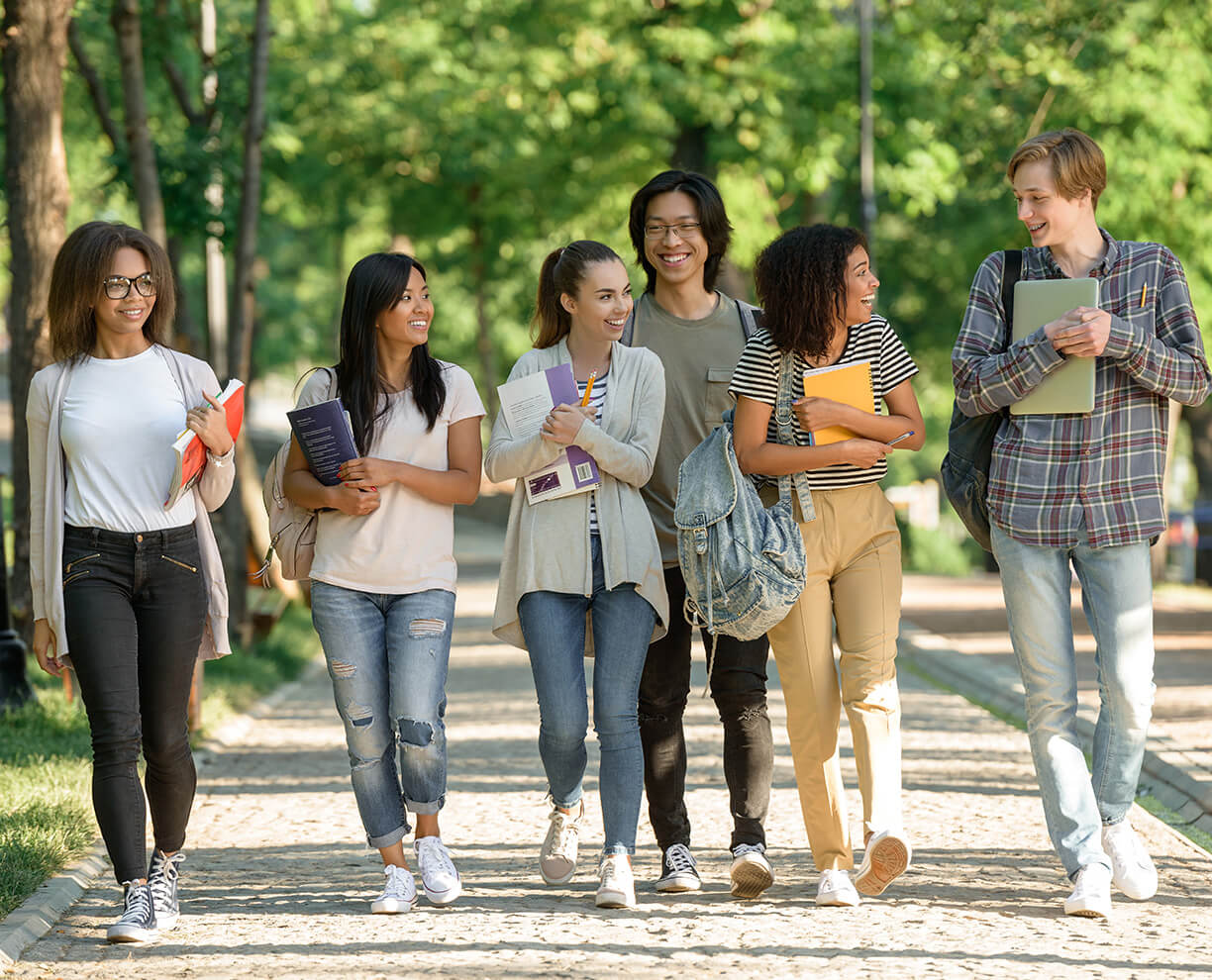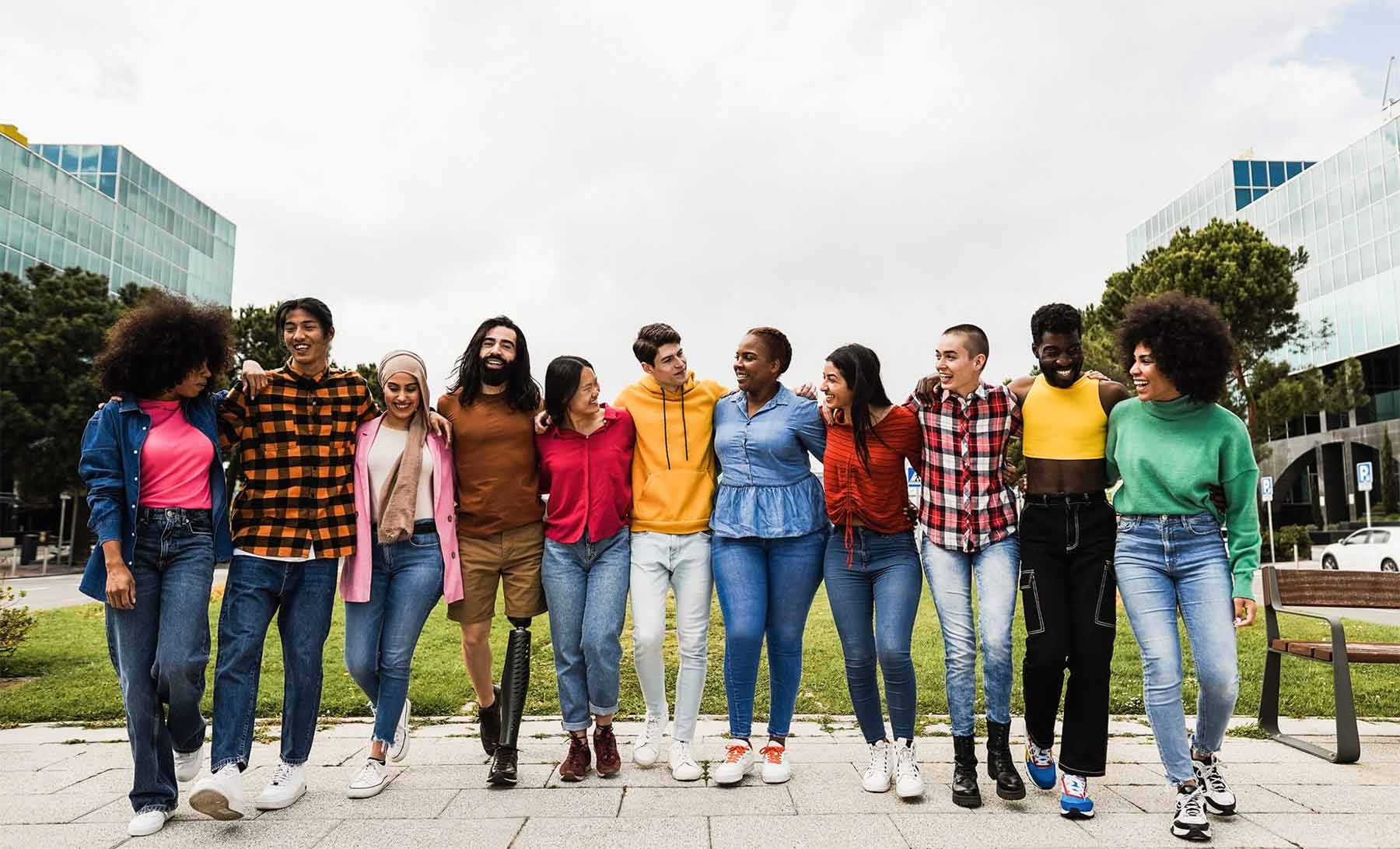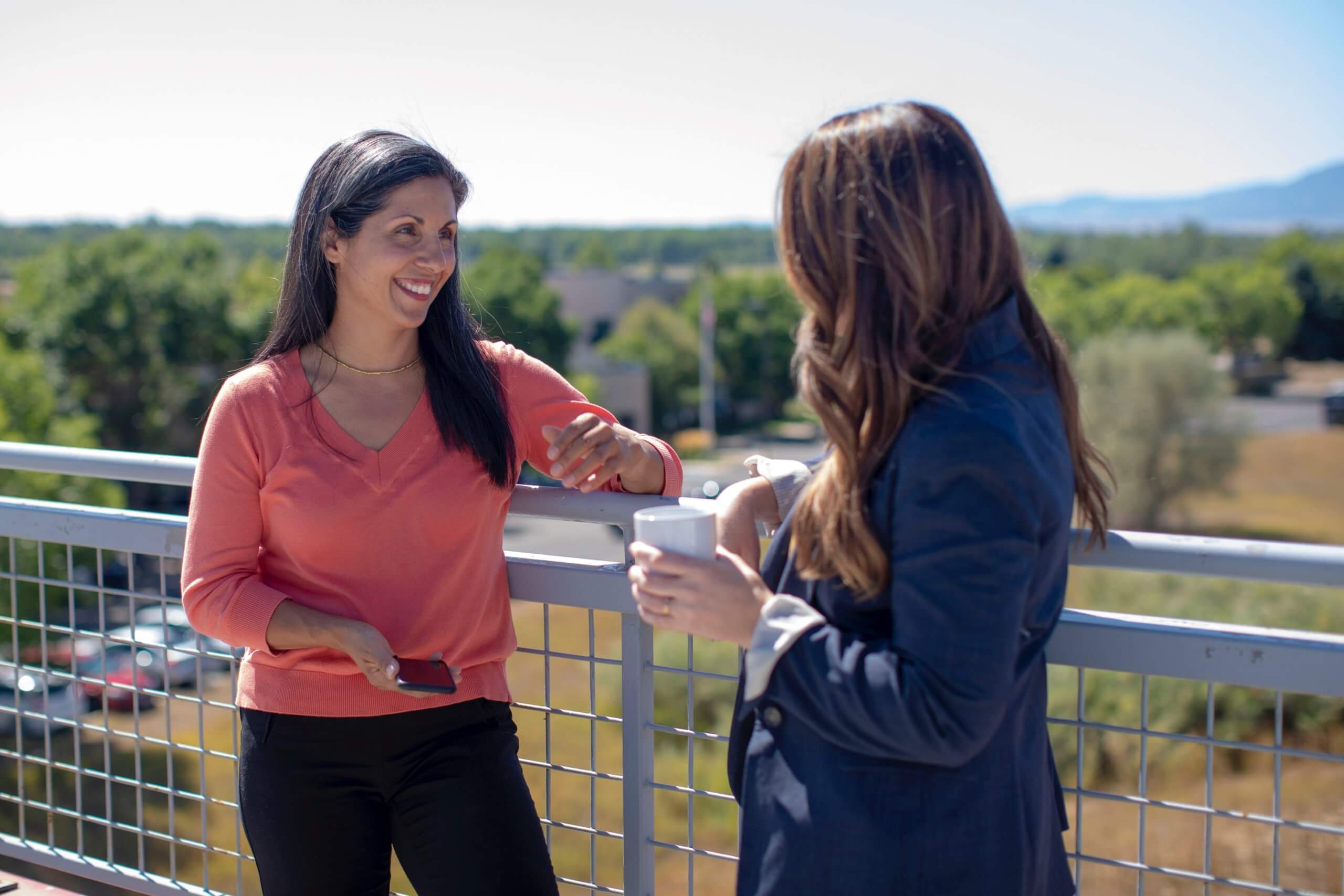
Start Your Adventure
Australia is up there as one of the best countries in the world to study in. And ACAP is one of the most supportive educational environments you’ll find. Make friends for life, learn from some of the most dedicated teachers in the field and pave the way to a successful career - here, back home or somewhere new.
If you are a Student Visa holder, there are some additional rules and responsibilities covered by the Education Services of Overseas Students (ESOS) Framework that you must abide by during your studies.
Visa Arrangements for Study
Most international students require an Australian Student Visa to study in Australia. Learn more below.
Most international students require an Australian Student Visa to study in Australia.
If you are holding an Australian temporary visa (other than a student visa) you may not need to apply for a student visa. You can check your visa study entitlements on the Australian Government’s Department of Home Affairs website.
Please note, irrespective of your visa processing arrangement – you must submit your complete application (via your agent or direct to ACAP), wait until you have received and returned your letter offer acceptance agreement to ACAP, and then wait until you have received your Confirmation of Enrolment (CoE) issued by ACAP before applying to the Department of Home Affairs for a student visa.
If you lodge an application outside Australia, you must wait until your visa is granted before travelling to Australia. If you travel to Australia on another visa before your application is finalised, you will need to lodge a new application in Australia (if eligible) and pay another visa application charge.
Not all students are eligible to apply for a student visa from within Australia. For example, some visas are not eligible visas and there may also be other visa application constraints. For further details about the student visa processes, visit the Department of Home Affairs website.
You must hold a valid student visa while studying in Australia. It is the student visa holder’s responsibility to apply for a further student visa before it expires, if:
- you have not completed your course yet
- you have submitted your postgraduate research thesis
- you are going to commence a new course of study
Student visa conditions are available on the Department of Home Affairs website.
If you are international student studying on an Australian Student Visa and you have been granted a new Australian temporary or permanent visa, you must notify your local campus International Student Contact Officer immediately.
If you wish to change your study plans, do promptly contact your ACAP campus International Student Contact Officer to discuss the impact of your plans on your student visa and the various options that may be available to you.
If you have completed your studies and you wish to extend your stay in Australia you will need to apply for another visa before your current Australian Student Visa expires. Usually you can only apply for another visa if you do not have a ‘No Further Stay’ condition on your current student visa. For further information refer to the Department of Home Affairs webpage on ‘Study Situation’.
The student visa processes are guided by the Simplified Student Visa Framework (SSVF). Under the SSVF:
• international students apply for a single Student visa (subclass 500), regardless of their chosen course of study
• student guardians will apply for the new Student Guardian visa (subclass 590)
• all students and student guardians (or their representative agent) will generally be required, following receipt of a confirmation of enrolment from their provider, to lodge their visa application online by creating an account on the Department of Home Affairs website.
Genuine Temporary Entrant (GTE) requirement
The GTE requirement applies to all student visa applicants and considers whether the individual circumstances of the student indicate that their intention is for a temporary stay in Australia. A genuineness assessment is made by taking into account a number of personal factors relating to the student, such as their immigration history, circumstances that might encourage the student to return to their home country and conditions that might encourage them to remain in Australia.
Enrolment in a registered course of study
International students must provide their Confirmation of Enrolment (CoE) which ACAP supplied on enrolment, when they lodge their student visa application on the Department of Home Affairs website. Exceptions to this requirement apply to Foreign Affairs and Defence sponsored students (Letter of Support from Foreign Affairs and Defence); secondary exchange students (an Acceptance Advice of Secondary Exchange Students form); and postgraduate research students required to remain in Australia for marking of their thesis.
Financial capacity and English language proficiency
All international students are required to have sufficient funds to cover their course fees and living costs in Australia. While student visa holders are able to work a specified number of hours in Australia, they should not rely on working to cover their course fees and living costs.
Students will generally be able to satisfy their financial capacity by providing a declaration and a Confirmation of Enrolment which shows that they have met ACAP’s English language requirements as part of their visa application process. For some students the Department of Home Affairs may request documentary evidence of financial capacity with their visa application.
Evidence requirements when applying for a student visa (subclass 500)
To find out what documents you might need to provide to the Department of Home Affairs through the “ImmiAccount” system as part of your visa application process go through the following steps.
- Step 1: Go to https://immi.homeaffairs.gov.au/visas/web-evidentiary-tool
- Step 2: Select your country of passport
- Step 3: Select your Education Provider – ACAP University College
- Step 4: In ‘I am one of the following’ select ‘none of the above’ (last option). Click on ‘Display evidence’.
For further details about the student visa process visit the Department of Home Affairs website.
The SSVF only applies to student visa applications lodged from 1 July 2016 and will not affect continuing visas of existing student visa holders and those granted a visa having applied under the former visas arrangements. However, if you were granted a visa under the former visa arrangements and change programs your visa may be affected.
Family members of existing student visa holders (subclasses 570-576) will need to apply for a subclass 500 visa if they do not currently hold a student visa and want to join their family member in Australia.
For further information, of visit the Department of Home Affairs website.
Living and Accommodation in AUSTRALIA
How much does it cost and how can you budget to make the most of your time studying in Australia? It depends on the city you’ve chosen to study in (Adelaide, Melbourne or Sydney), where you live (in the city or suburbs), the type of place you want to live in (share house, private accommodation) and your lifestyle.
As a guide, a single student living away from home will need to budget $2,500 – $4,000 each month in addition to your course fees to cover general living expenses such as accommodation, food and clothing, transport and entertainment (according to Study Australia as at May 2024).
The Study Australia site is designed to help you think about how you spend money and to give you a broad estimate of potential costs in Australia. To get a better idea of the average living costs in your chosen city of study, check out the cost of living calculator.
We have listed some categories below to help you plan ahead.
Choose from a variety of accommodation options including homestays with local families, managed student accommodation, share houses with friends or a private residence. Rent can vary from $300 to $900 per week depending on location and type of accommodation.
A weekly grocery bill for one student can vary from $80–$250. You can save money by shopping for groceries at Coles, Woolworths and Aldi.
You can access public transport with an opal (Sydney) or myki card (Melbourne) which can be ordered online or purchased from a registered retailer. Public transport costs are capped at $50 per week in Sydney, and $53 in Melbourne.
These expenses will vary depending on your preferences so allow for at least $100 per week. Lots of places offer student discounts so keep your student card with you and don’t forget to budget for other incidentals including mobile plan / sim card, eating out, clothes, health and beauty, and social activities.
Overseas Student Health Cover is compulsory for international students, and costs will depend on your insurance provider and your level of cover. You may have additional costs including fees for specialists and prescription medications.
The Department of Home Affairs requires international students to demonstrate that they have access to at least A$29,710 to cover living costs in Australia during the first year – this number increases if you are bringing a partner or dependants. See the Department of Home Affairs website for more information.
Useful links and Resources
Find all the resources you need to get yourself set up.
Study in Australia – the official Australian Government website for international students.
www.studyinaustralia.gov.au
Studying in Australia as a Student With Disabilities
www.studying-in-australia.org/studying-in-australia-as-a-disabled-student
Department of Immigration and Border Protection
www.border.gov.au
Australian Bureau of Meteorology
www.bom.gov.au
Australian Bureau of Statistics
www.abs.gov.au
Apply for a student visa
immi.homeaffairs.gov.au/visas/getting-a-visa/visa-finder
Google maps Australia
maps.google.com.au
Sydney public transport
transportnsw.info
Melbourne public transport
ptv.vic.gov.au
Brisbane public transport
translink.com.au
Adelaide public transport
adelaidemetro.com.au
Medical Emergencies: Dial 000 and ask for an ambulance
Medical Attention including after hours:
Visit www.healthdirect.gov.au/australian-health-services
Overseas Student Healthcare Insurance (OSHC)
As an International Student, it is a condition of your student visa that you have Overseas Student Health Cover (OSHC) for the entire duration of your stay in Australia. OSHC gives you access to out of hospital and in hospital medical services to help you maintain your health.
Below are some suggestedOSHC providers:
Free legal services are available at:
Legal Aid NSW
Legal Aid Queensland
Legal Aid Victoria
The Fair Work Ombudsman provides information and advice about workplace rights and obligations of everyone working in Australia, including holders of student visas. See their website for more information: https://www.fairwork.gov.au/

Australian borders are open to international students
Although borders are open, it is always advisable to visit the Australian Government website for the latest updates, regarding international student travel. A high percentage of Australia's adult population is fully vaccinated against COVID19, making Australia one of the safest places to live and study.
• Restrictions vary across Australia and it is a good idea to check the latest information on the Government Website below and the page for international travellers.
• Before arranging travel, you should also check the Home Affairs website below for conditions of entry.







